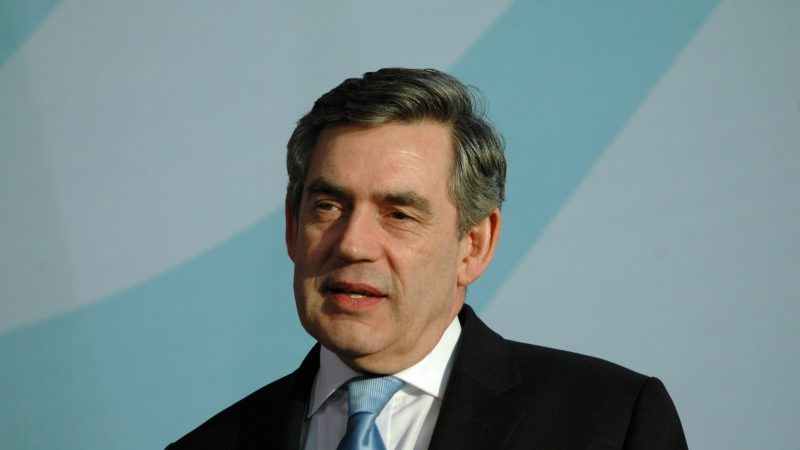
Gordon Brown is calling for a UK-wide jobs summit as youth unemployment amid the coronavirus economic crisis is set to rocket and one million young people are predicted to be out of work by November 1st.
The former Labour Prime Minister last month formed the ‘Alliance for Full Employment’ with Labour representatives from across the regions and nations of the United Kingdom including Welsh First Minister Mark Drakeford.
The AFFE has now released a report on research finding that as many as one million young people will be unemployed by the turn of the month, and a total of 1.5 million youth placements will be needed over the next year.
The author, economist Professor Paul Gregg, has concluded that the government’s new ‘kickstart’ scheme will not provide the support needed. Only 120,000 of the one million young people unemployed will be eligible.
Although the £2bn programme for young people announced by Rishi Sunak will eventually create 350,000 places, only those registered as long-term unemployed – for six months or more – will be able to apply.
As most of those unemployed at the start of November will fall through the net, the AFFE is recommending that the schemes be upgraded to offer more help with job searching and offer wage support.
The report suggests that further economic measures urgently needed to incentivise businesses could include the government offering employers £100 a week for six months to take on young people as permanent employees.
Demanding a national jobs summit, Brown said: “Today we are dealing with a far bigger challenge than in the 1980s and it needs a UK- wide jobs summit bringing together the regions and nations with the Prime Minister.”
“Some will say this is too difficult to organise given the current breakdown in relationships between No 10 and the regions and nations,” the ex-PM added, in reference to the Covid talks between Greater Manchester leaders and Downing Street.
“But if we do not listen to what’s happening on the ground and mobilise all the resources of the whole of the UK – local and national – and work together to coordinate our response, we will fail a generation of young people as surely as we did for too long in the 1980s.”
The Gregg report has outlined the following four priorities for the government:
- “Provision of quality work experience – not a return to the Youth Opportunity Programmes (YOPs) or Youth Training Schemes of the 1980s;
- “Training geared to new jobs, like in care sector, IT and logistics, jobs linked to the recovery from lab technicians and contact tracers, to care worker and teaching assistant, not training for continued unemployment;
- “Help with job searches – a vital element of getting into work, as demonstrated by the 2009 Future Jobs Fund;
- “A wage subsidy in the order of a £100 a week for six months for employers to take a young person on full-time.”
Professor Gregg said: “The recession in the UK has only just started, in terms of the impact on jobs, consumer confidence and firm planning. Yet because firm profitability was already low and the trading block under lockdown, the wave of job loses will be incredibly condensed and intense between now and next April.”
In a foreword for the report, Brown concluded: “It is urgent that we act with determination to prevent a repeat of the 1980s and a lost Covid generation. The proposals we put forward could prevent the social crisis that now threatens to engulf us.”
Brown has already called on all bodies – including the Bank of England, which became independent in 1998 when he was Chancellor – to focus on job creation, saying: “All UK institutions have to make high levels of employment a greater priority.”
1,200 council leaders, mayors and councillors backed the AFFE in mid-September and highlighted forecasting by the Office of Budget Responsibility, warning that “nearly one in eight of the UK’s workforce will be unemployed” by the end of 2020.




More from LabourList
‘As metro mayors gain power, Labour must tighten political accountability’
Letters to the Editor – week ending 22 February 2026
‘The coastal towns where young people have been left behind by Whitehall’